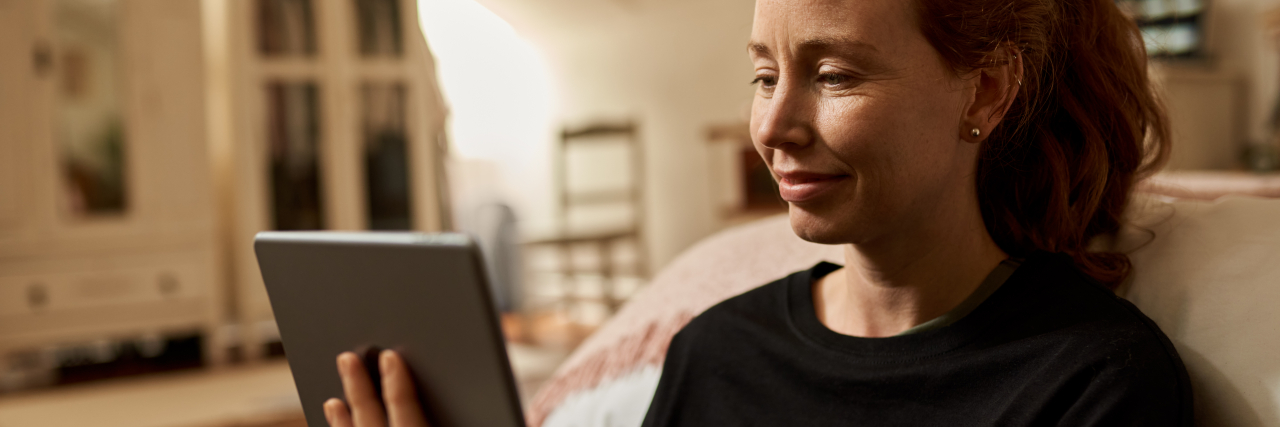My official diagnosis came late, at 20. But for all my life I had known that I was different. I was not surprised in the slightest. It came at a hard time, though. It was during the spring of the first wave of the pandemic. 2020. At this point, we had been pretty isolated for a couple of months already, and to be honest, I wasn’t too bothered by that. I had come home from college where I had had a semester of disaster and struggle which can now be attributed to my undiagnosed autism. I was happy to be in my room alone, minding my business and watching YouTube to my heart’s content.
I said I wasn’t surprised by the diagnosis. It just made my childhood and school struggles make a lot more sense. But now I didn’t have those anymore. I was alone and I took this chance to explore this part of myself that I had just been made aware of. I took an online course all about ASD, taught by a woman with autism. In her, and her descriptions of herself I saw myself. I cried because I knew that I wasn’t the only one who had felt this way my whole life.
I also explored other online autism communities, such as the one here on The Mighty, and learned a lot more about autism presentation in girls and women and lots of other things that are often not part of the public dialogue about the spectrum. I was lucky because I had the time and space to investigate all of this on my own terms and I had a complete break from the neurotypical world.
On top of external research, I began to want to understand myself more. Because I was alone for months on end I finally allowed myself not to stop my stims and other behaviors. I could listen to my music for hours and sway back and forth or bounce lightly up and down. I could sit on my bed and rock and no one would see. I could clap my hands finally, which you are told out in the world not to do without a very specific reason. Finally, I could do all these things that had been waiting to get out, that I had had to stop myself from doing for more than 20 years. And because I now had an understanding of ASD I didn’t feel ashamed. Well, maybe a little bit because I still am not able to be myself when I’m out in the world. I still mask a lot. But that’s for another story.
The bad thing about the timing of my diagnosis was that there was no therapy available to me at that time. Most places were closed down and were waiting to open back up, and even then their waiting lists would have increased tremendously during the lockdowns. Over two years later, I am still on various waiting lists and have not been able to get the professional help that I do actually want.
The isolation of the pandemic did become more challenging as the months wore on. Being in a vulnerable family, we were very careful. Even though I had more than enough time to myself to engage in all my stims and special interests, I worried more and more that socially I would regress. I lost out on the rest of my college years and meeting people my own age that would come with those years. I have not yet had the chance to try dating or other social things that people in their 20s do. Now, when I do have to go out, I can feel that I am a lot more anxious than before the pandemic, but I’m pretty sure that’s true for nearly everyone, ASD or not.
Despite the incredible challenges and everlasting pain that was brought by the pandemic and the lockdowns, getting the space to understand and accept myself for who I’ve always been was an unexpected gift.
Getty image by Mavocado.

